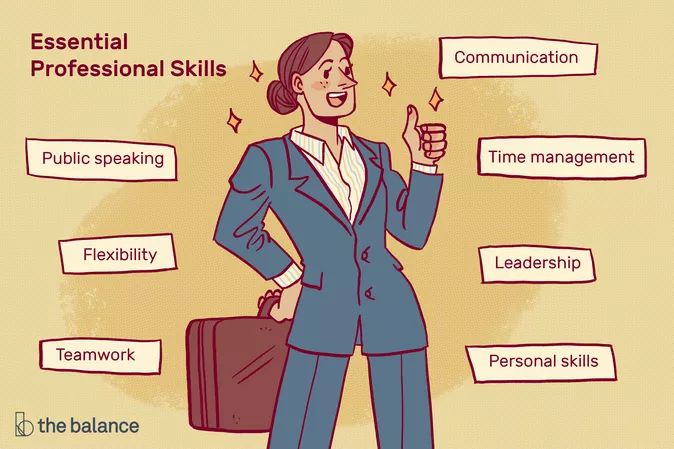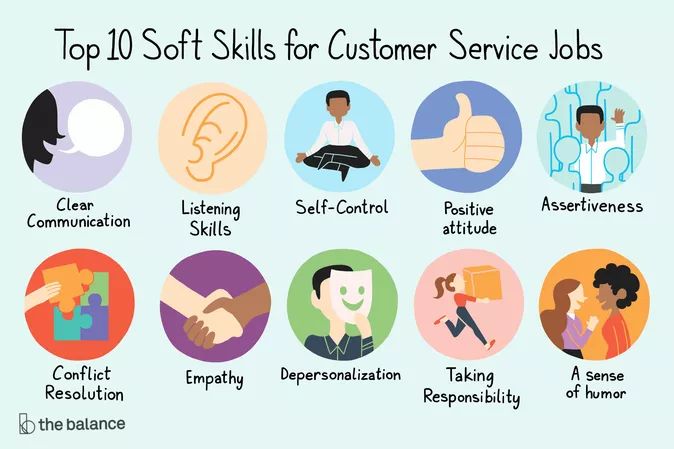What Are Skills?
Jun 22, 2019 • 49 views
Definition of a skill

According to Wikipedia, A skill is the ability to carry out a task with determined results often within a given amount of time, energy, or both.
Skills are required in area of employment. Some skills are such that along with the career they help in the life also and so they are often called as life skills.
Various jobs and business activities require different skills which boost up the quality of work of an employee. Companies also demand the enlisting of certain skills in your resume!

Life skills
An ability and capacity acquired through deliberate, systematic, and sustained effort to smoothly and adaptively carryout complex activities or job functions involving ideas (cognitive skills), things (technical skills), and/or people (interpersonal skills). See also competence.
Essential skills
Public speaking.
Time management.
Flexibility.
Creativity.
Listening skills.
Positive attitude.
Anger management.
Patience.

How to learn skills
There are many programs these days which teach new skills. The clients are finding these new skills very important for their Business and a notable difference is apparent. So you can join such programs. There are personality development courses as well.
These days you can learn skills online also. You tube may also help for free!
Hard skills
Hard skills, also called technical skills, are any skills relating to a specific task or situation. It involves both understanding and proficiency in such specific activity that involves methods, processes, procedures, or techniques.These skills are easily quantifiable unlike soft skills, which are related to one's personality.These are also skills that can be or have been tested and may entail some professional, technical, or academic qualification.
Professional development
Professional developmentis learning to earn or maintain professionalcredentialssuch asacademic degreesto formal coursework, attending conferences, andinformal learningopportunities situated in practice. It has been described as intensive and collaborative, ideally incorporating an evaluative stage.There are a variety of approaches to professional development, including consultation, coaching,communities of practice, lesson study, mentoring, reflective supervision and technical assistance
In a broad sense, professional development may includeformaltypes of vocational education, typically post-secondary or poly-technical training leading to qualification or credential required to obtain or retain employment. Professional development may also come in the form of pre-service or in-service professional development programs. These programs may be formal, or informal, group or individualized. Individuals may pursue professional development independently, or programs may be offered by human resource departments. Professional development on the job may develop or enhance process skills, sometimes referred to as leadership skills, as well as task skills. Some examples for process skills are 'effectiveness skills', 'team functioning skills', and 'systems thinking skills.
